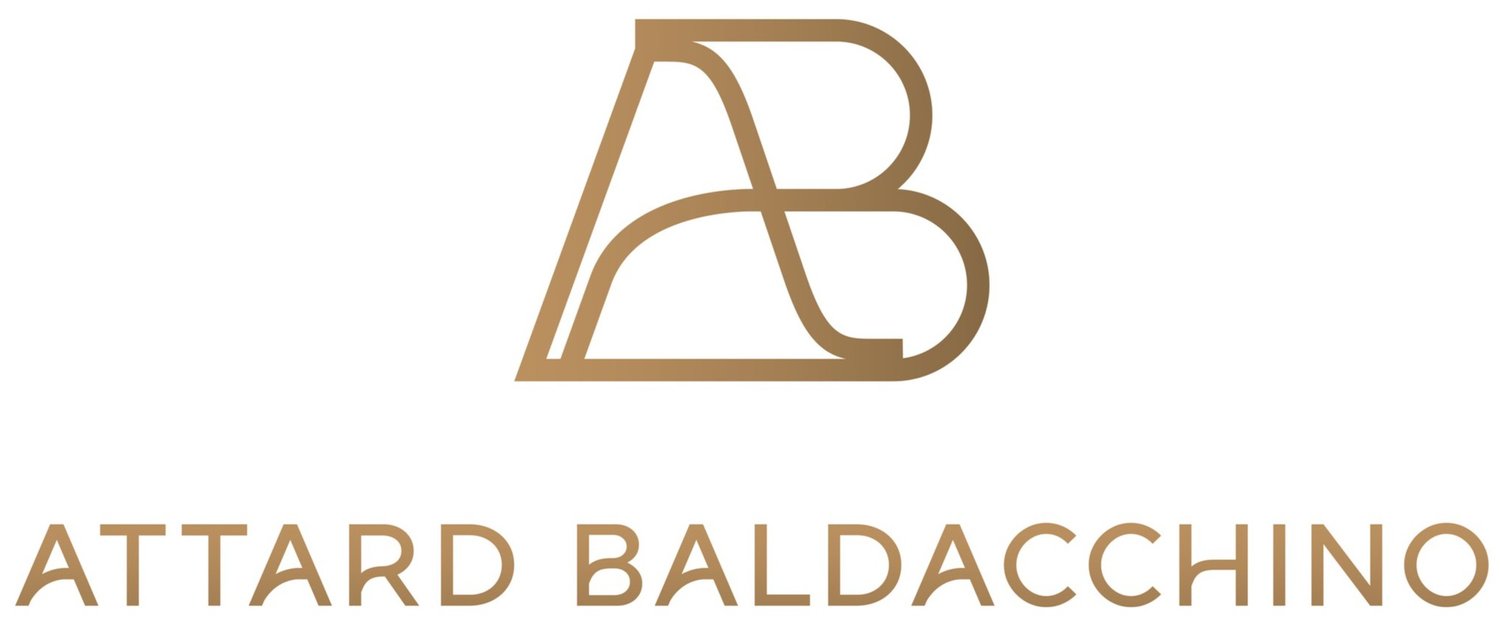How can investors with permanent residency in Malta conduct business and find work opportunities in the Schengen Area?
This question was originally answered by Dr Russell Attard Baldacchino on the UGlobal Immigration Platform on April 2nd 2021 and may be viewed here.
“I'm an investor from Hong Kong who is interested in Malta's new MRVP. Do permanent residents get the right to work/do business anywhere in the Schengen Area automatically or is it limited to just visa-free travel?”
The Malta Permanent Residence Program (MPRP) grants successful applicants and their dependents the right to reside, settle or stay indefinitely in Malta, and to travel visa-free to Schengen countries for a maximum period of 90 days within a 180-day period. That being said, while the right to work in Malta or the rest of Schengen is not automatic, the MPRP does provide certain advantages.
The official Residency Malta Agency FAQs state that a "certificate of residency under the Malta Permanent Residence Program does not entitle a beneficiary any employment licences. He/she still needs to apply for a work permit through normal procedures."
However, Maltese residency certainly facilitates the process, since an application for an employment license for a person who already enjoys the right to reside in Malta is much simpler than the case when a third-country national requires an application for a Single Permit, which grants both the rights of residence and employment in Malta.
Another advantage is that a certificate of Maltese residence under the MPRP is granted for an indefinite period while the term of a Single Permit is subject to the employment position under which the Single Permit is granted. Moreover, according to the official Residency Malta Agency FAQs, the "MPRP does not grant beneficiary any employment rights in the Schengen Area. Therefore, s/he will need to apply for a work permit in the Schengen country according to the provisions of that particular country."
Again, while a certificate of Maltese residence will not automatically grant the beneficiary the right to work in the Schengen area, it will definitely facilitate the process as the beneficiary will enjoy the right to stay indefinitely in Malta and spend every 90 out of 180 days in the Schengen area.
Therefore, being a Hong Kong national, the added value would be the right to return to and reside in Malta, as opposed to having to exit the Schengen area once the 90-day limit has been utilized. This should allow for sufficient time and added flexibility to stay in Malta while exploring the Schengen jurisdiction within which one might wish to apply for a work permit.
Also, the official Residency Malta Agency FAQs state that the "beneficiary or spouse can apply to launch a business in Malta through the competent authorities, as long as they satisfy the prevailing legislation. A dependent can also take this route without losing his/her residence rights."
Therefore, being a beneficiary of a certificate of Maltese residence under the MPRP allows for better access to operate a business in and from Malta, since beneficiaries enjoy the right to reside and stay indefinitely in Malta.
As for setting-up and operating a business in the rest of the Schengen area, similar to the previous answer, this will very much depend on the legislation and requirements of the respective jurisdiction. However, the added value would be the right to return to and reside in Malta, as opposed to having to exit the Schengen area once the 90-day limit has been utilized.
Schedule a free consultation call with Dr Russell Attard Baldacchino
As Community Malta Agency (Agenzija Komunita Malta) licensed Agent AKM-BALD-21, Dr Russell Attard Baldacchino may directly assist with the correct preparation and submission of applications to the Residency Malta Agency (RMA).
Article Social Image Credit: Saulo Mohana
This blogpost is being published strictly for informational and educational purposes, and should be correct and accurate at the time of publication. The content of this publication should not be considered as formal legal, immigration, or tax advice.

